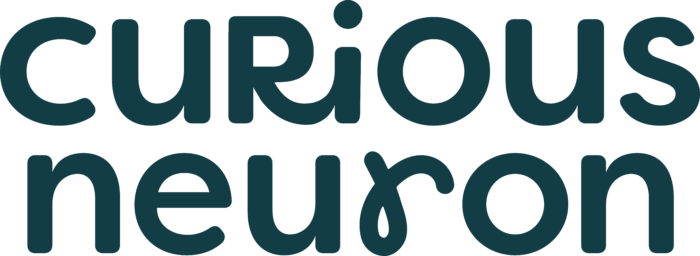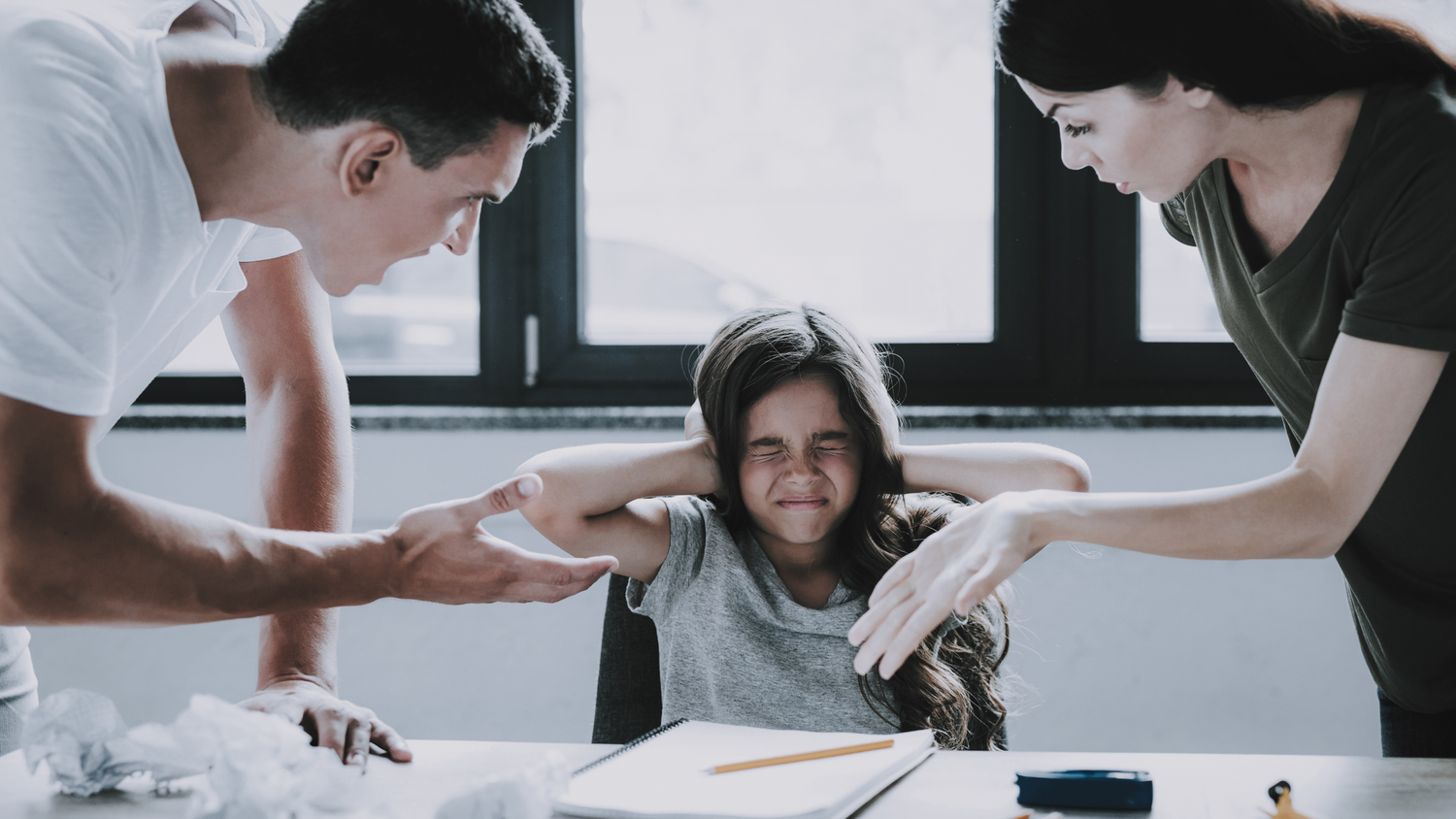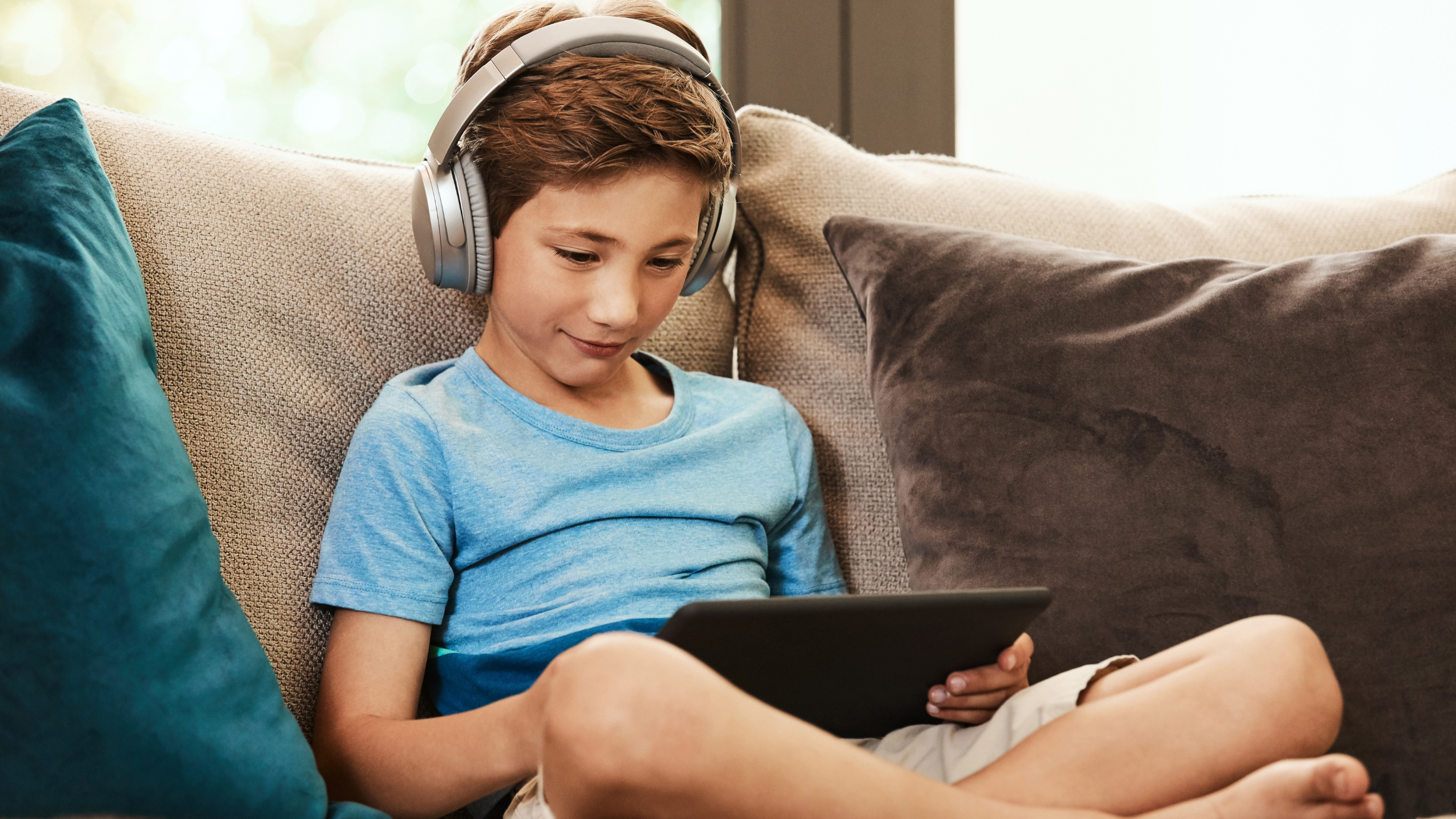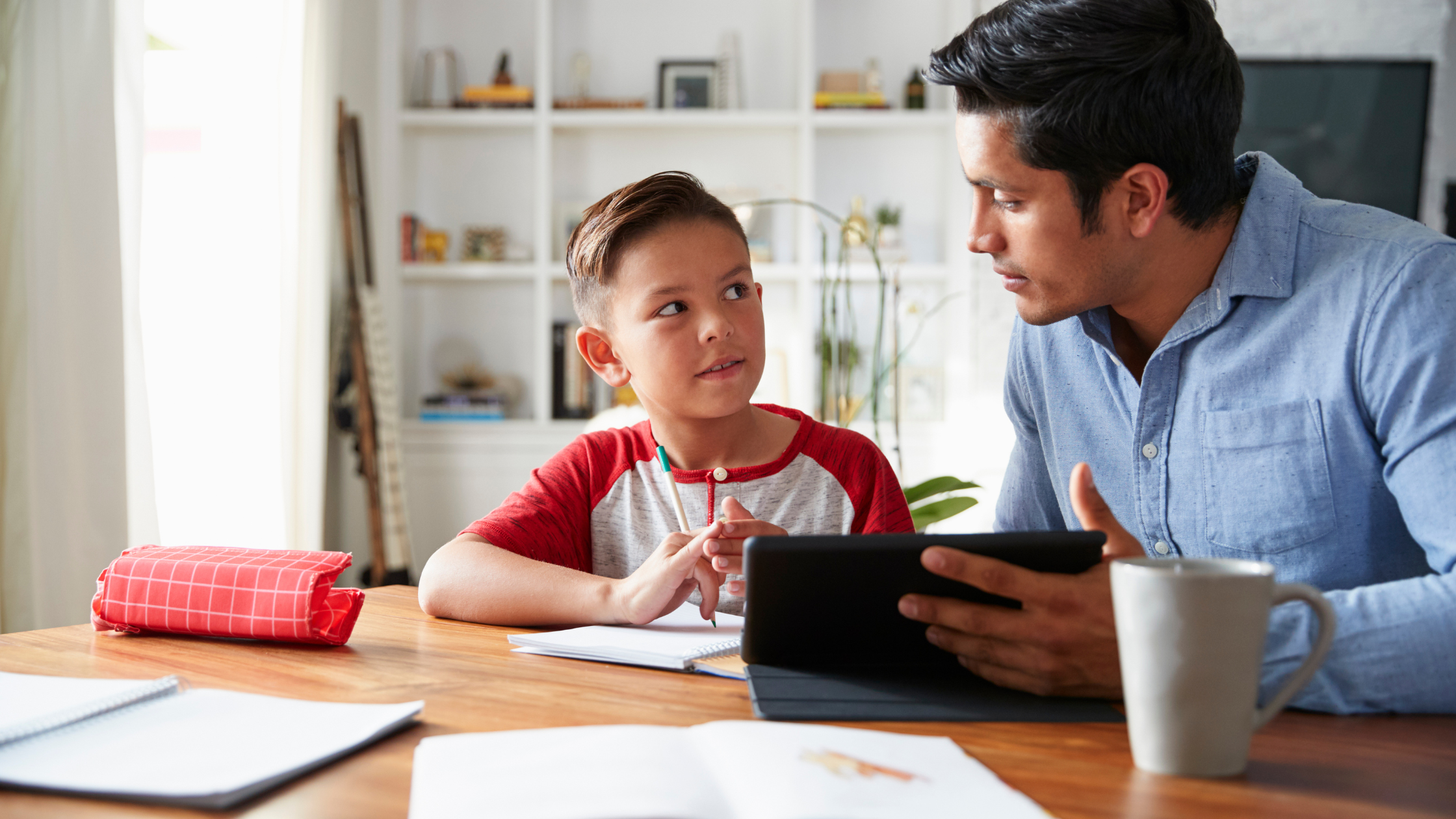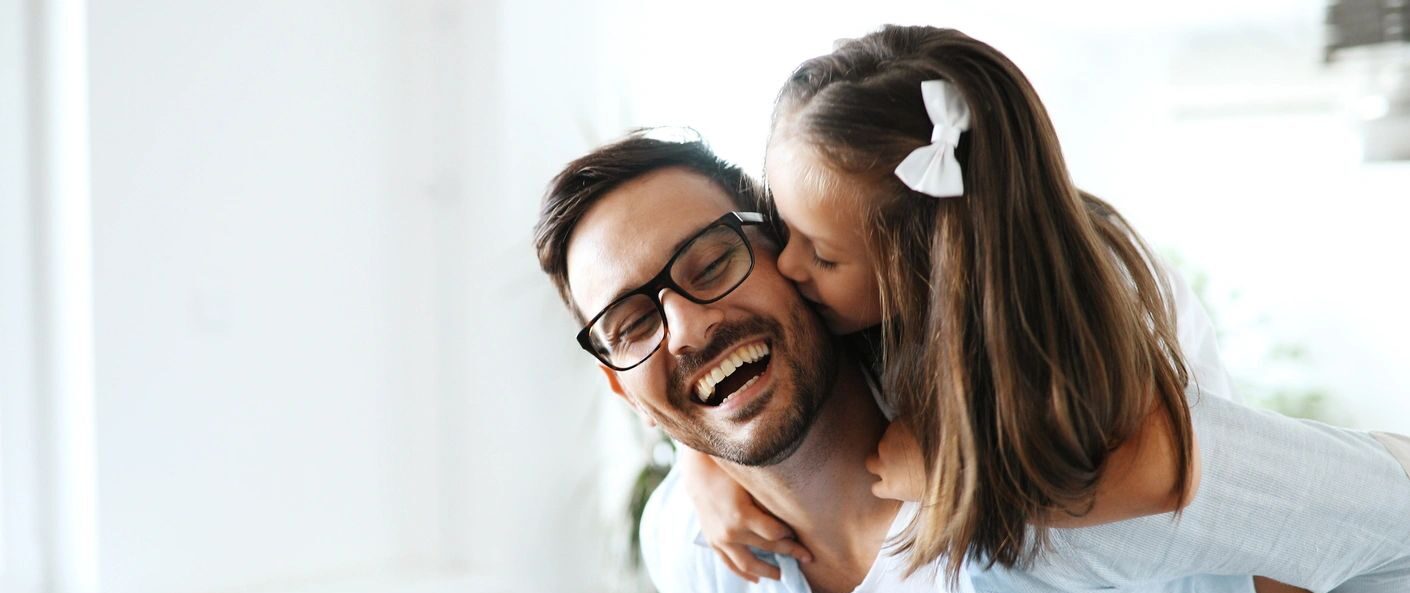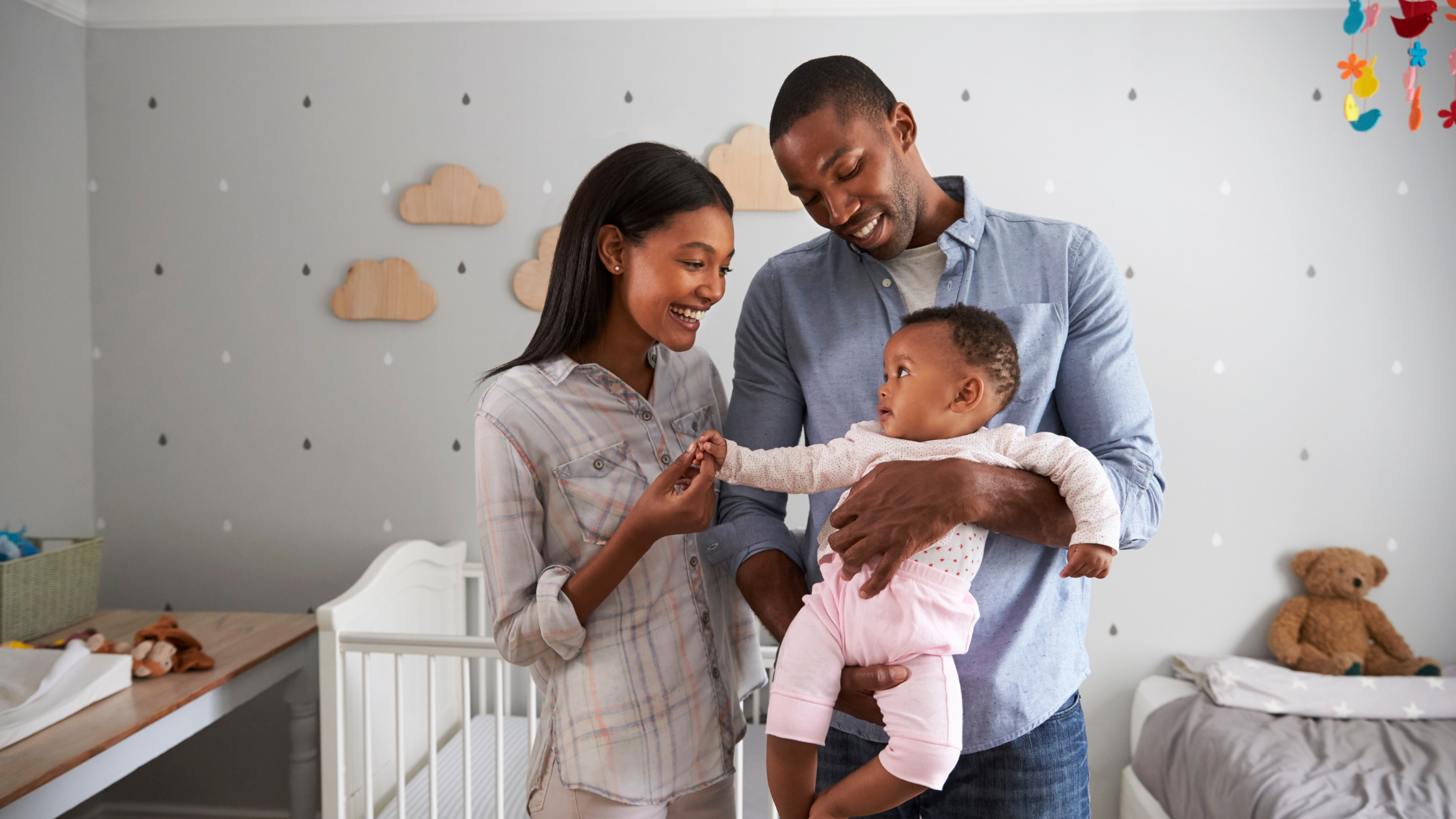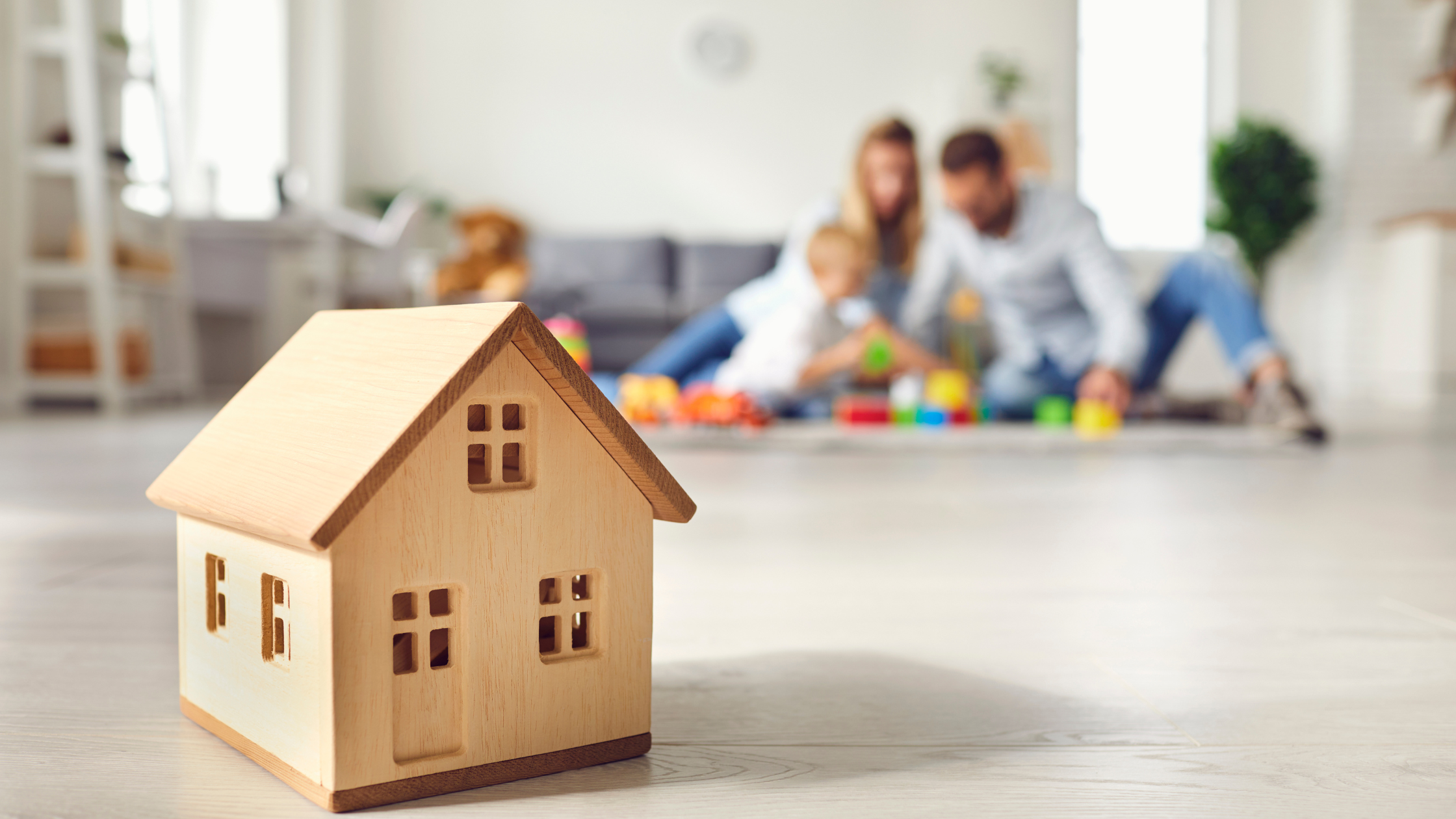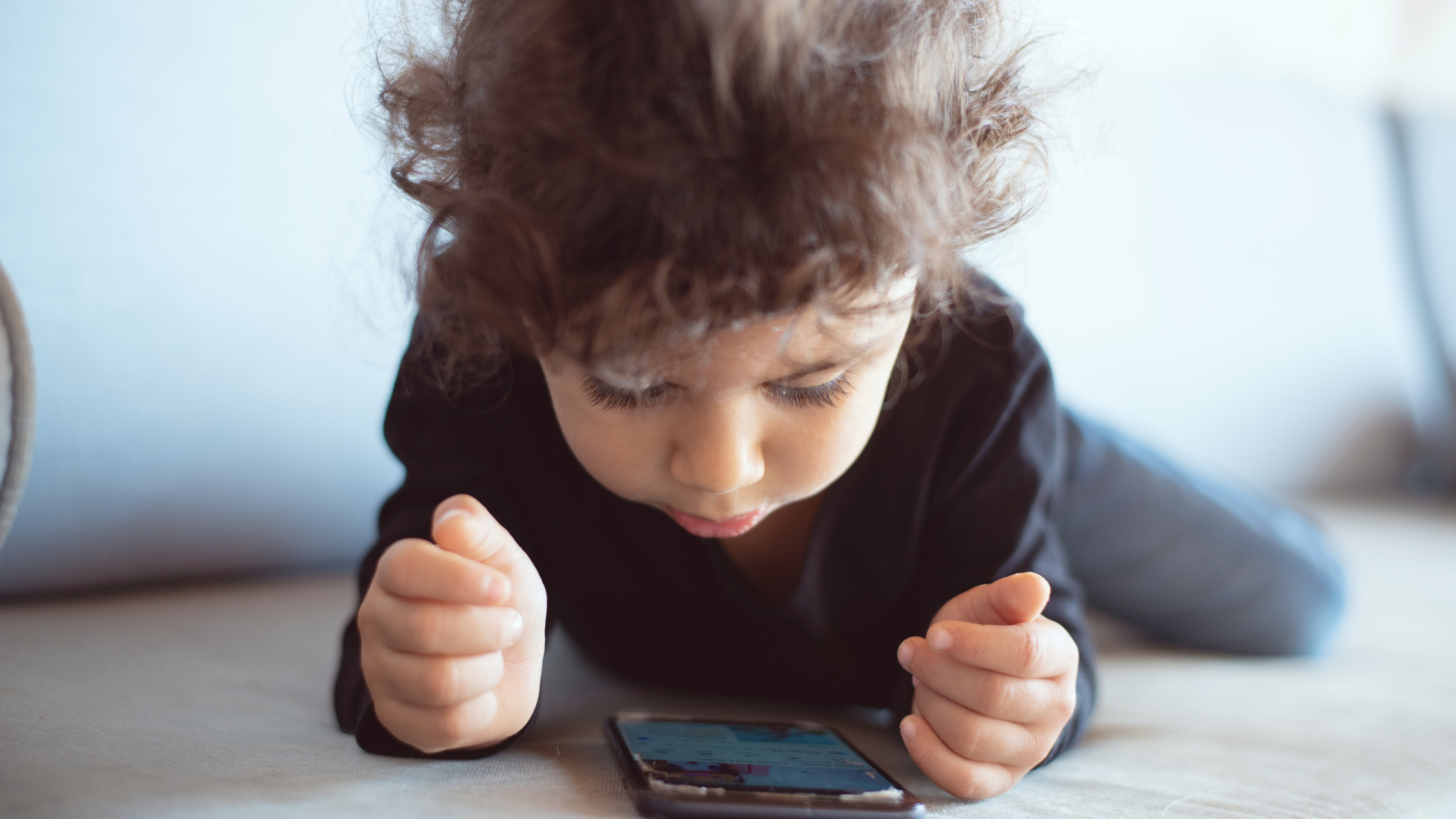Overprotective parenting can be defined as excessive parental involvement and protection disproportional to the child’s developmental stage (Soenens et all – 2022). We sometimes hear about this being referred to as “helicopter parenting”, but in research, the term used is “overprotective parenting”. It is considered a maladaptive type of parenting with several negative repercussions for children and adolescents.
Is caring too much and overly protecting our children really a problem? Like everything, there is always a balance. In the next paragraphs, I will explain a little bit more about what balance looks like when protecting our kids.
As humans, we are always evolving and learning. Let’s take the example of babies that need to learn how to walk or go to the toilet by themselves. It requires lots of training until they master these skills. Now imagine that you have a fear of the baby getting hurt while learning how to walk so you never let them practice walking. Sounds exaggerated, right? Obviously, you would never let your baby learn to walk in a dangerous space. It means that you will help your child to learn to walk in a safe environment.
As a child reaches various cognitive or physical milestones, as parents, we need to find the right balance between freedom and protection to improve the skills they will use throughout adulthood.
Ungar says that overprotective parenting has negative consequences, especially in low-risk environments (when there aren’t any threats in the environment). Overprotective parents are denying children to have an element of risk or responsibility (for example sleepovers, riding bicycles on street, or going home by themselves) because they fear for their child’s safety (even in safe environments).
According to the author, this pattern can:
- Denies children the opportunity structures to experience healthy psychosocial development;
- Contributes to patterns of delinquency or excessive anxiety among children from stable, well-resourced homes;
- This leaves children unprepared for transitions to adulthood and independent living.
This can be harmful especially during adolescence and early adulthood because it can interfere with independent decision-making and self-regulation.
According to Soenens et all in 2022, parental overprotection can manifest in different ways, including:
- Infantilizing the child (not allowing the child to have responsibilities appropriate for each age)
- Violating the child’s privacy (in a safe space)
- Constantly warning about potential danger (when the own child can access and know the risks)
- Unwanted intervention in child’s problems.
As parents we are constantly worried about not giving enough love, not caring enough, and not protecting enough and sometimes we don’t realize that the opposite is also a problem. The key is to find a balance between too much and too little.
Let’s try an exercise. Do you remember any event during your adolescence when your parents gave you a little bit more freedom and treated you as an adult? Do you remember if you learn something? Would you let your child do the same? Stay tuned as we will continue to talk about that in the next blog post.
Check out the second part of the series here.
